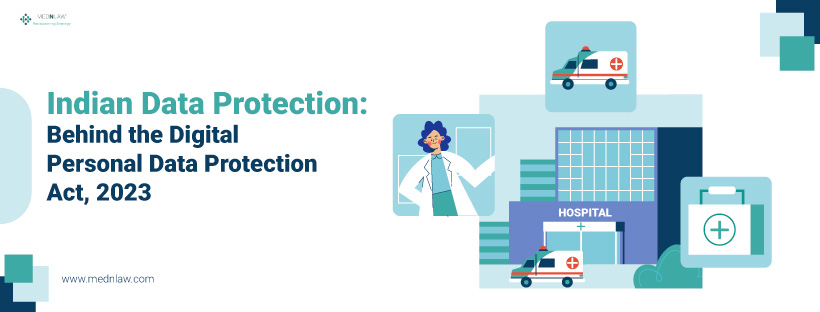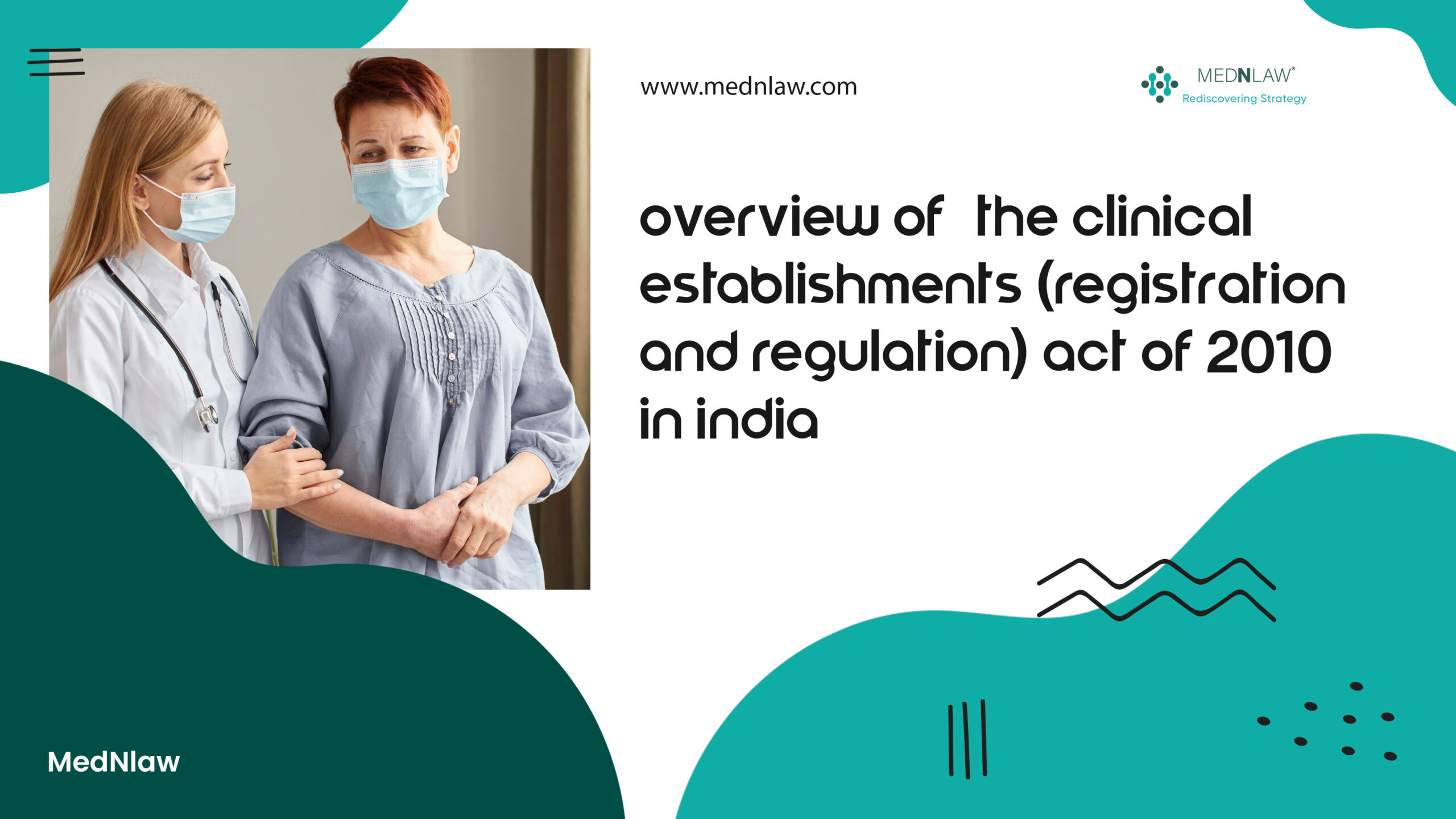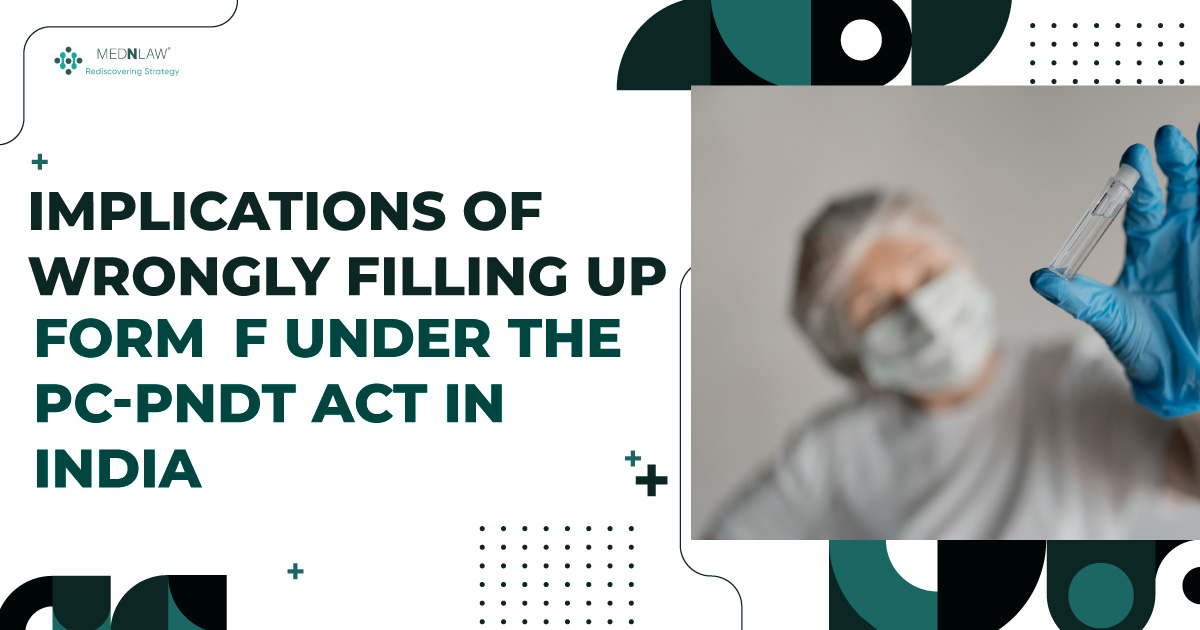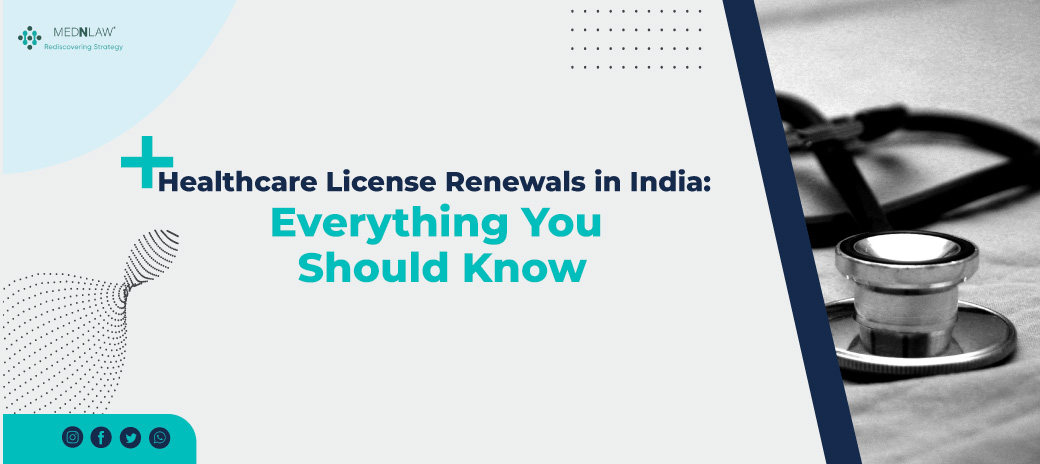
Indian Data Protection: Behind the Digital Personal Data Protection Act, 2023

The Digital Personal Data Protection Act of 2023 is a landmark legislation that puts in place a robust regime for protecting digital personal data in India. As we move towards a future where data fuels the engine of the digital economy, this legislation comes at a time when the demand for strong protections against data breaches, unauthorised access and abuse is a growing necessity.
Its goal is to give users power over their data and create a climate that inspires businesses to innovate within responsible parameters.
This comprehensive guide concerns the main provisions of the DPDP Act, 2023, including the objectives, extent of the law, its working mechanism, and the expected impact on individuals and healthcare organisations.
Objectives and scope of Data Protection: Balancing rights and innovation
Dual objectives drive the Digital Personal Data Protection Act of 2023.
-
- Protecting Individuals’ Rights: The DPDP Act is a legal framework governing the handling of digital personal data to protect people’s privacy and autonomy.
- Facilitating responsible innovation: The act aims to create an enabling environment for businesses to innovate and grow in the digital economy without compromising data protection principles.
The act covers a broad scope that involves the processing of digital personal data in India, where:
- Data collection is done digitally.
- Even if data is collected offline, it is digitised.
The law applies to government bodies and private companies that process digital personal data. However, some types of data—including anonymised data—are not covered by the law.
Important Terms: You Need to Know
The act provides some essential definitions to clarify and specify:
- Personal Data: Any data relating to an identified or identifiable person.
- Data Principal: An individual to whom such personal data relates.
- Data Fiduciary: Any individual or entity that determines the purpose and means of processing personal data and who is engaged in processing personal data alone or in conjunction with other persons.
- Data Processor: Any person who processes personal data on behalf of a Data Fiduciary.
- Processing: Any operation or set of operations relating to digital personal data, such as collection, storage, use, and disclosure.
Understanding Data Processing Principles: Responsible Practices
The act introduces several guiding principles for the processing of digital personal data protection:
Purpose Limitation: The personal data shall be processed for a lawful purpose for which the Data Principal has given consent.
If you need to process your data, it should only be the personal data necessary for the specified purpose.
Accuracy: Personal data shall be accurate and should be kept up to date.
Storage Limitation: Personal data must not be kept for longer than necessary for the purpose for which it was collected.
Reasonable Security Safeguards: Data Fiduciaries should prevent data breaches and unauthorised access through reasonable security safeguards.
Accountability: Data Fiduciaries shall be responsible for handling their data.
Consent and Lawful Purposes
The Digital Personal Data Protection Act of 2023 act also focuses on the importance of informed consent:
Section 902(1)(b):Section 902(1)(b) of the Digital Personal Data Protection Act of 2023 talks about consent that is free, specific, informed, unconditional, and unambiguous. Data Subjects are entitled to clear and comprehensive information about data processing before consent.
It is important to note that the Data Fiduciaries shall provide clear notice to the Data Principals explaining the purpose for data processing, the categories of data being processed, and the rights of Data Principals.
Right to Withdraw Consent: Data Principals shall have the right to withdraw their consent at any point in time.
Specific Lawful Uses: The act does articulate certain lawful usage for processing data without needing consent. This includes responding to medical emergencies, compliance with legal obligations, and providing aid in the event of disaster.
Data Principals: The Enhanced Control Menagerie
Section 12:Section 12 of the Digital Personal Data Protection Act (DPDP Act) of 2023 provides a Data Principal with the right to request for correction, completion, updating, and erasure of their data, which the Data Fiduciary shall comply with unless retention is required for a specific legal purpose.
Right to Information:Data Principals are entitled to the information relating to the processing of their data.
Right to Correction & Erasure: Data Principals can correct inaccurate personal data and erase their personal data if certain conditions are met.
Right to Grievance Redressal: Data Principals have a right to file grievances against the Data Fiduciary with the Data Protection Board of India.
Right to Nominate: If the data principal is dead or of unsound mind, then the data principal can appoint another person to exercise their rights.
Sectoral Applicability Of Data Fiduciaries: Ensuring Compliance
The DPDP Act places various duties on each of the Data Fiduciaries:
Notice and Choice: They must provide clear, accurate notice and offer informed choice.
Data processing and Data Protection: Stick to data processing principles.
Data Breach Reporting: Report any breaches to the Data Protection Board of India and the affected data principal.
Appoint a Data Protection Officer: Appointing a Data Protection Officer in some instances is again essential.
Analytical Audits: Perform analytical audits of their data handling processes.
Another layer of regulatory oversight comes from the Data Protection Board of India. The act establishes the Data Protection Board of India, which is an independent regulatory body which is responsible for the audits.
Implementation of the Act: Compliance with provisions of the act
Data Breach Investigation: Investigating data breaches and adequately responding builds trust.
Implementation of Guidelines and Regulations: Guidelines and regulations are issued to clarify the act’s provisions.
Adjudication of Disputes:The act aims at resolving disputes between data principals and data fiduciaries
Penalty: A penalty will be imposed for non-compliance with the act. The penalties under the Digital Personal Data Protection Act of 2023 range from Rs. 10,000 to Rs 250 Crore, depending on the damage.
Cross-Border Data Transfers: Regulations and Safeguards
These Regulations deal with such cross-border data transfers to ensure that any transfer of personal data outside India is also protected.
Prohibitory Transfer of Personal Data: The Central Government may restrict the transfer of personal data to certain countries or territories.
Adequacy Assessments: The Central Government may carry out adequacy assessments to evaluate if a foreign country, or a territory/ sector of such country, provide a level of data protection (not lower than that afforded under the proposed law) which is considered adequate.
Penalties and Compensation: The act imposes significant penalties for non-compliance;
Penalties: The data fiduciaries are liable to pay specific financial penalties for violations of the act. The penalty ranges from Rs 10,000 under section 15 of the act to Rs 250 crore, depending upon the nature of the breach. The highest compensation is reserved for the letdowns to implement security safeguards and notify of breaches.
Required Compensation: Data Principals may demand compensation for damages from data breaches or other infractions.
Exemptions and Amendments: The act also provides for certain exceptions and modifications. Where the central government thinks fit, such government can be exempted from the provisions of the act.
Furthermore, by notification, the Central Government can amend this act’s provisions.
Why it Matters: The Era of Data Protection
The DPDP Act of 2023 is set to reshape the very fabric of India’s digital landscape. Through the establishment of a well-defined framework for data protection, the act can:
- Increase Individual Privacy: The act allows individuals more control over their data.
- Foster Trust in the Digital Economy: The act aims to foster trust among people and organisations to enable digital transactions.
- Foster Responsible Innovation: Call on businesses to uphold responsible data processing and practice.
- Align with Global Standards: It also harmonises the data protection regime in India with international best practices.
-
Challenges and Implementation: A Collaborative Process
To usher in a successful DPDP Act 2023 implementation, the onus lies on the entire ecosystem, including the government, businesses, and individuals.
- Raising awareness: Increasing awareness about the act and informing individuals about their rights will empower more and more individuals.
- Compliance Mechanisms: Providing clear and business-friendly compliance mechanisms.
- Capacity Building:Strengthening the Data Protection Board of India to enforce the act effectively.
- Engaging in international cooperation:Addressing cross-border data flows.
Conclusion: Lying the groundwork for digital trust
The Digital Personal Data Protection Act of 2023 marks a crucial advancement towards creating a sound and reliable digital ecosystem in India. The regulation aims to revolutionise the aspect of personal data handling in the country with the right emphasis on individual rights and its importance in responsible processing and to that effect in processing of data itself. It will take a united commitment to the governance of the act to ensure that India’s digital future remains both innovative and secure.
-
 Overview of the Clinical Establishments Act of 2010 in India5:07 am GMT+00:00•April 28, 2025Read more
Overview of the Clinical Establishments Act of 2010 in India5:07 am GMT+00:00•April 28, 2025Read more -

-

Here are some related articles you may find interesting
Copyright Mednlaw






